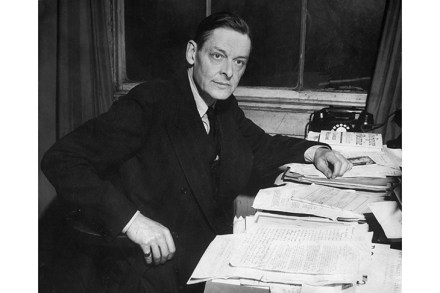Hawkwind: a very British tale
18 min listen
In this week’s edition of The Green Room, Deputy Editor of The Spectator’s world edition Dominic Green meets DJ Taylor, who writes in the June edition of Spectator World, about Hawkwind, unlikely champions of the British rock underground. Less a band, more a way of life, the fascinating story of Hawkwind veers from the radicalism










